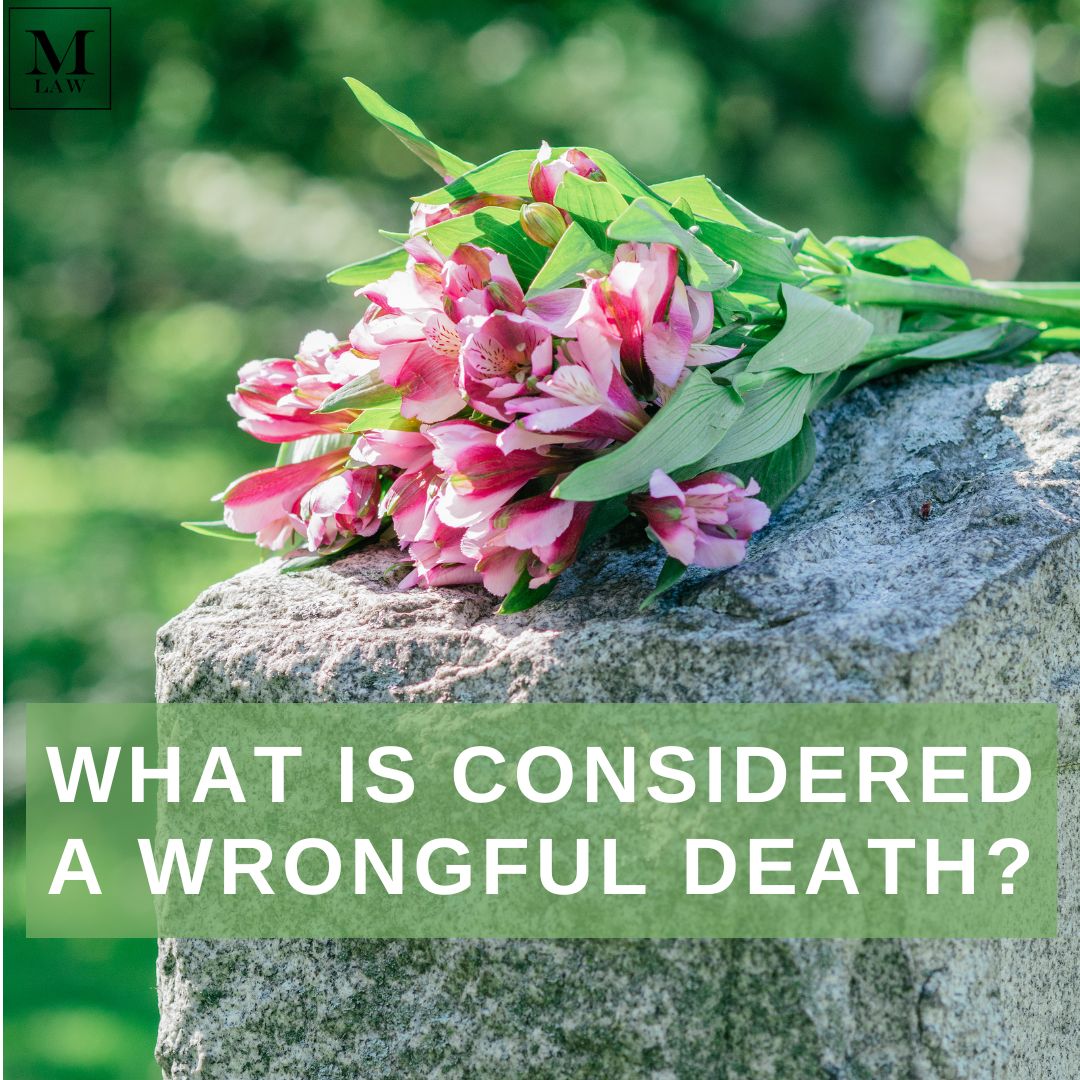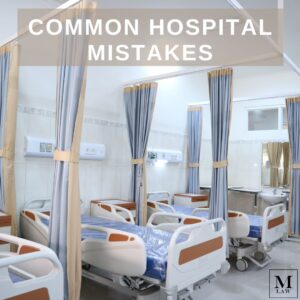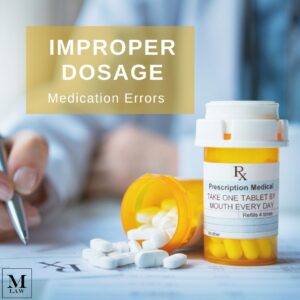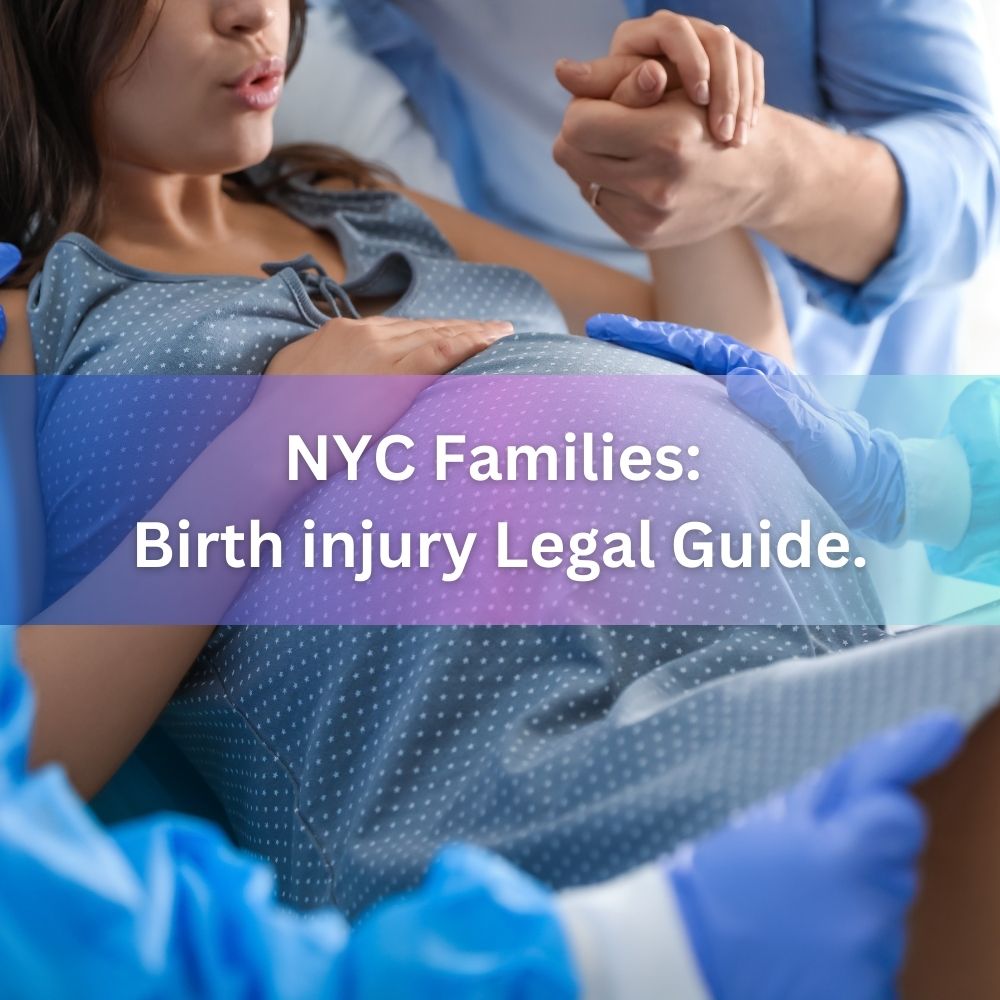It’s a painful reality that many must face: we can lose a loved one at any time, even in an instant. A sudden death in your family may feel unjust, and the pain it brings may never go away. While most deaths feel “wrong” or “unjust” to those close to the deceased, there is a distinct legal term, “wrongful death,” that applies to specific circumstances surrounding someone’s death.
A wrongful death refers to a legal concept where a person’s death is caused by the negligent, reckless, intentional, or wrongful act of another party. It means that the deceased’s death could have been prevented if not for the actions or omissions of someone else.
Wrongful death claims are typically filed by the surviving family members or beneficiaries of the deceased person seeking compensation for the damages caused by the death. The specific criteria for wrongful death may vary by jurisdiction, but there are commonalities between wrongful death cases across the country.
In this post, we’ll examine these commonalities to determine what constitutes a wrongful death.
What is Considered a Wrongful Death?
To seek a wrongful death case – where the family or beneficiaries of the deceased file a lawsuit to receive compensation for their loved one’s death – one of the following circumstances generally must be present:
- Negligence: When a person’s death results from the negligent actions or failure to act reasonably by another party. This could include situations such as a car accident caused by a drunk driver or medical malpractice.
- Intentional misconduct: When someone intentionally causes harm or engages in criminal activities that result in another person’s death. Examples include assault, murder, or manslaughter.
- Product liability: When a defective product causes a person’s death due to design flaws, manufacturing defects, or inadequate warnings.
- Medical malpractice: When a healthcare professional’s negligent actions, such as misdiagnosis, surgical errors, or medication mistakes, result in a patient’s death.
- Workplace accidents: When an employer’s negligence, violation of safety regulations, or failure to provide a safe working environment leads to an employee’s death.
- Premises liability: When a property owner’s negligence, such as failure to maintain safe conditions, inadequate security, or failure to warn about known dangers, causes a person’s death.
How to Pursue a Wrongful Death Claim
To pursue a wrongful death claim, the surviving family members usually need to demonstrate that the defendant’s actions or negligence directly caused the death and that they have suffered damages as a result. The specific legal requirements and procedures for filing a wrongful death lawsuit can vary by jurisdiction, so it’s important to consult with a qualified attorney familiar with the laws in your area.
To pursue a wrongful death case, you will generally follow these steps, though you can simply call our office to begin:
- Consult with an attorney: Seek the guidance of an experienced wrongful death attorney who specializes in this area of law. They can provide you with the necessary legal advice, assess the strength of your case, and guide you through the entire process.
- Gather evidence: Collect any relevant documentation, records, or evidence that supports your claim. This may include accident reports, medical records, witness statements, photographs, or any other evidence that establishes liability for the wrongful death.
- Determine the liable party: Identify the party or parties who may be responsible for the wrongful death. This could be an individual, a company, a healthcare provider, or any other entity whose actions or negligence contributed to the death.
- File a lawsuit: Your attorney will prepare the necessary legal documents, including a complaint, which formally initiates the wrongful death lawsuit. The lawsuit will outline the facts of the case, the legal basis for your claim, and the damages you are seeking.
- Prove negligence or wrongdoing: In a wrongful death case, you must establish that the defendant’s actions or negligence caused the death. Your attorney will work to gather and present evidence demonstrating this causal link.
- Calculate damages: Determine the damages suffered as a result of the wrongful death. This may include economic damages such as medical expenses, funeral costs, loss of financial support, and non-economic damages like pain and suffering or loss of companionship.
- Negotiation or trial: Depending on the circumstances and the defendant’s response, your attorney may engage in settlement negotiations with the opposing party to reach a fair resolution. If a settlement cannot be reached, the case may proceed to trial, where the evidence will be presented before a judge or jury.
- Judgment or settlement: If the case goes to trial, a judgment will be made based on the evidence and arguments presented. If a settlement is reached, it will typically involve an agreement for compensation, and the case will be resolved without a trial.
If you are looking to pursue a wrongful death lawsuit, it is crucial to work closely with a qualified attorney who can guide you through the legal process and advocate for your rights.
The attorneys here at Merson Law can help you with your case. Give us a call or fill out our contact form to receive an initial case evaluation.







